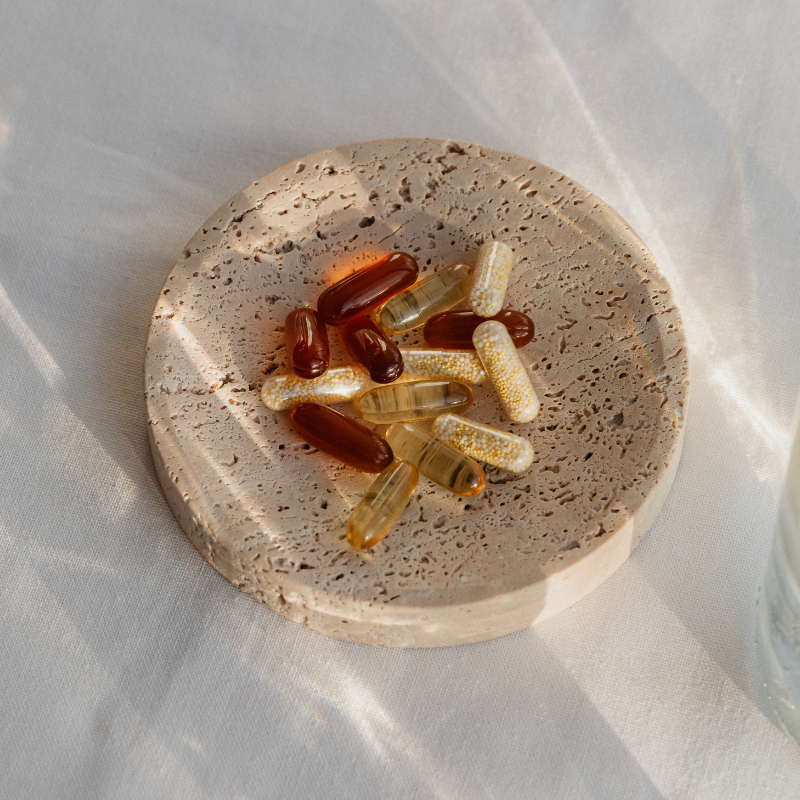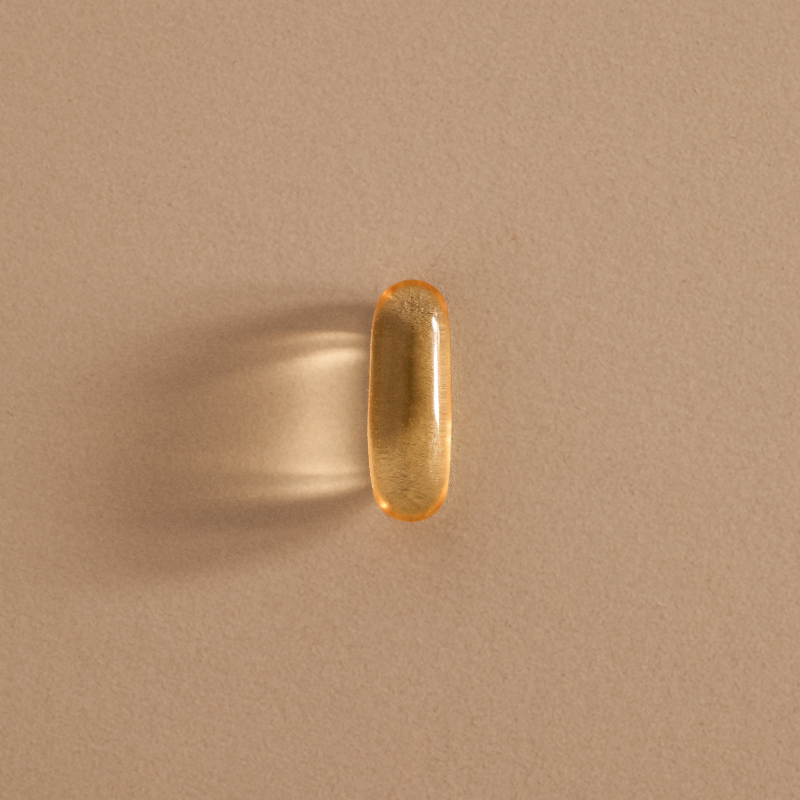SO, LET'S TALK ABOUT BV AND THRUSH
Vaginal health issues like bacterial vaginosis (BV) and thrush affect a huge number of women. In fact, about 75% of women suffer from thrush in their lifetime.
But unfortunately, like many ‘women’s’ issues, vaginal health just isn’t openly talked about. And treatments – like endless rounds of antibiotics –are often ineffective over the long term.
What is bacterial vaginosis?
Basically, BV is a bacterial infection caused by an overgrowth of bacteria in the vagina. It’s estimated 1 in 3 women suffer from BV at some point in their lives.
Bacterial vaginosis happens when the ‘bad’ bacteria (anaerobes) overpower the ‘good’ bacteria (lactobacillus), and your vaginal flora finds itself out of balance.
Where does BV come from?
The research is pretty scant, so we don’t really know why some women suffer from BV and others don’t.
But we do know your chances of developing BV increase when you douche or use those fancy vaginal soaps and deodorants (remember: the vagina is self-cleaning, so you don’t need to use any of those products!).
How does it spread?
Introducing a new sex partner or multiple partners can also upset the balance of bacteria, but it’s important to know that BV is not a sexually transmitted disease (STD).
What are the symptoms of BV?
A fishy smell (especially one that gets stronger after sex)
Thin white, grey or green discharge.
Burning when you pee.
Irritation and/or itching.
What is thrush?
Thrush is a yeast (or fungal) infection, caused by an overgrowth of yeast (specifically the fungus candida albicans) in the vagina.
This fungus exists naturally in our bodies, normally with no issue. But sometimes it starts to multiply and cause symptoms.
Thrush is so common. In fact, about 75% of women experience thrush in their lifetime.
What causes thrush? How does it spread?
Thrush can be brought on by many factors, including hormonal changes during periods and pregnancy, the use of some antibiotics, wiping from back-to-front rather than front-to-back, and wearing tight pants or underwear made from synthetic materials.
Like BV, thrush is not sexually transmitted, but it can be caused by douches, and vaginal soaps and deodorants. Those products are bad news!
What are the symptoms of thrush?
A ‘yeasty’ smell.
Thick, white discharge that looks like cottage cheese.
Burning when you pee or during sex.
Irritation and/or itching.
Painful splits in the skin of, or surrounding, the vagina or vulva.
Why are antibiotics ineffective for treating recurring Thrush and Bv?

01.
Mainly, because they’re so aggressive – antibiotics remove all the bacteria from your vagina – the bad but also the good. This means your vagina no longer has the healthy stuff (the ‘good’ fighters) and it’s left open to reinfection from the bad bacteria again.

02.
Many women experience thrush shortly after taking a course of antibiotics prescribed for another infection. This is because antibiotics can disrupt the natural balance of bacteria and yeast in the body. Ironically, while antifungal treatments—not antibiotics—are typically used to treat thrush, the cycle of imbalance caused by frequent antibiotic use can make recurrent thrush more likely. It can feel like a frustrating cycle.

03.
As women, sometimes it feels like we’re on our own. Aside from prescribing more antibiotics, health professionals just don’t have all the answers for us so we continue to suffer in silence.
How can Boric Acid help?
Due to its weak acidity, boric acid can help gently balance the pH of the vagina, restoring it to it’s optimum levels. In technical terms, it has a bacteriostatic and fungistatic action, so it makes the vagina slightly more acidic while disrupting the fungal cell membrane.
Boric acid should never be taken orally (as it’s toxic when ingested) but it’s been used for over 100 years to treat vaginal issues, and studies have shown it to be very safe when inserted as a vaginal suppository.
Is Boric Acid safe to use?
Multiple studies have found boric acid is safe to use with few adverse effects when used as a vaginal suppository.
Side effects are rare and minor, but they can include:
Watery discharge
Reddening of the skin
A burning sensation.





